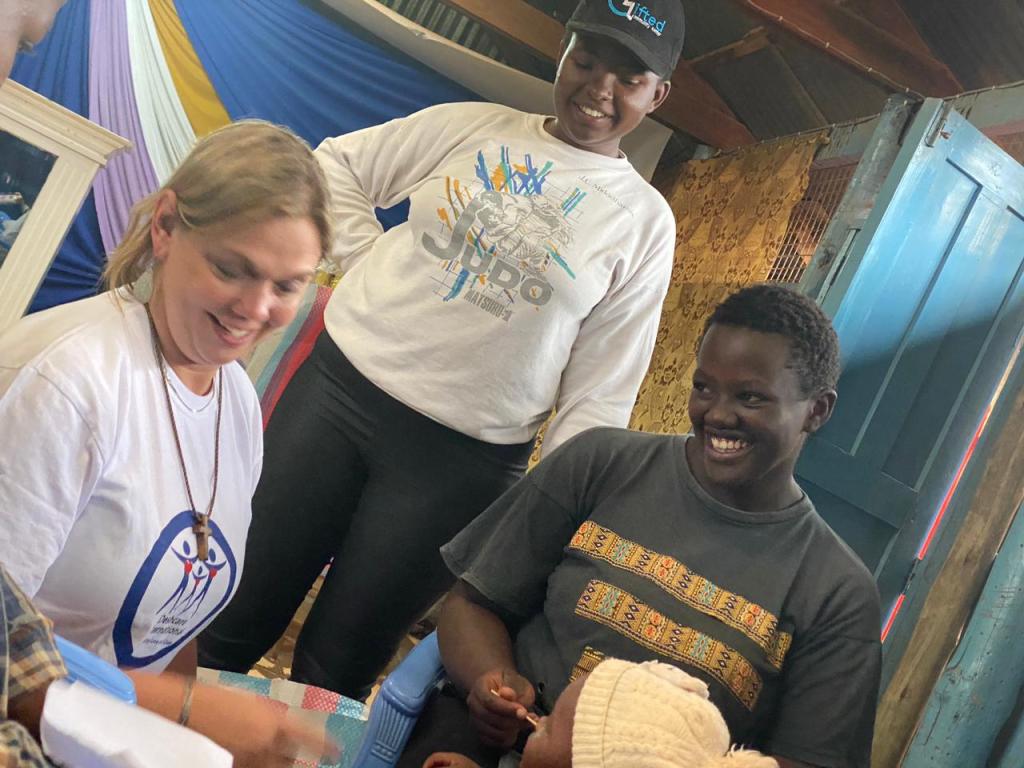By Muhanguzi Tola
tolakofa1@gmail.com

Mid last year, after measures by the government to combat the fast and vast spreading COVID 19 pandemic saw the closure of learning institutions, The New Humanitarian reported on the upsurge of teenage pregnancies.
The rise of teenage and early pregnancies in Kenya isn’t a new discussion, only that the mitigating measures adopted consequently exacerbate this growing trend. While releasing the 2020 Kenya Certificate of Secondary Education (KCSE) results, Education CS Prof. George Magoha raised concerns over the high numbers of girls sitting exams while pregnant.
Early last year, Mary Endheri, who hails from the Kibera slums, got into early motherhood after unexpectedly getting pregnant. Her case is one among many for young girls in the slum, and was a hard pill to swallow, forcing her to keep it to herself. With life in the slums not being favorable, she was forced into searching for a job to provide for her baby and young siblings, after her older sister lost her job.
“My mother didn’t know of it until I was 8 months in, this enraging her. She wanted to kick me out of the house but later changed her mind, and together with my sister’s help, the two offered immense support,” recalls Mary, speaking to Desh Care International.
It would be unwise to place the blame solely on parents- who in most cases end up on the receiving end of the society. As it may be sensible to note that poor parenting which in this case involves spending most of their time fending for their kids as compared to the time spent with them propels this trend, it is key to understand that the society shapes and molds our kids too. The values and norms embraced by our society reflect through the younger generation’s behavior.
Having visited and interacted with young girls from this area, Desh Care International further established that poverty is also a key contributor to early pregnancies.
Low literacy levels in terms of inadequate education on sexuality and family planning also plays a major role. There is need for ground shifting solutions to this specific challenge. The society needs to do away with perceptions that tend to shame and stigmatize teenage mothers and instead invest in comprehensive sexual education and girl-child empowerment programs. Echoing the award winning Sauti Sol, ‘Mungu akileta mtoto, analeta sahani yake’ (God brings a child in His own time).
It is time to throw away this system that only focuses on abstinence and employ one which informs our young girls on how to make better decisions in relation to their sexual health. The government, through CS Magoha needs to create an education system that will not only prevent early teenage pregnancies, but one which will also support young mothers further their education.

